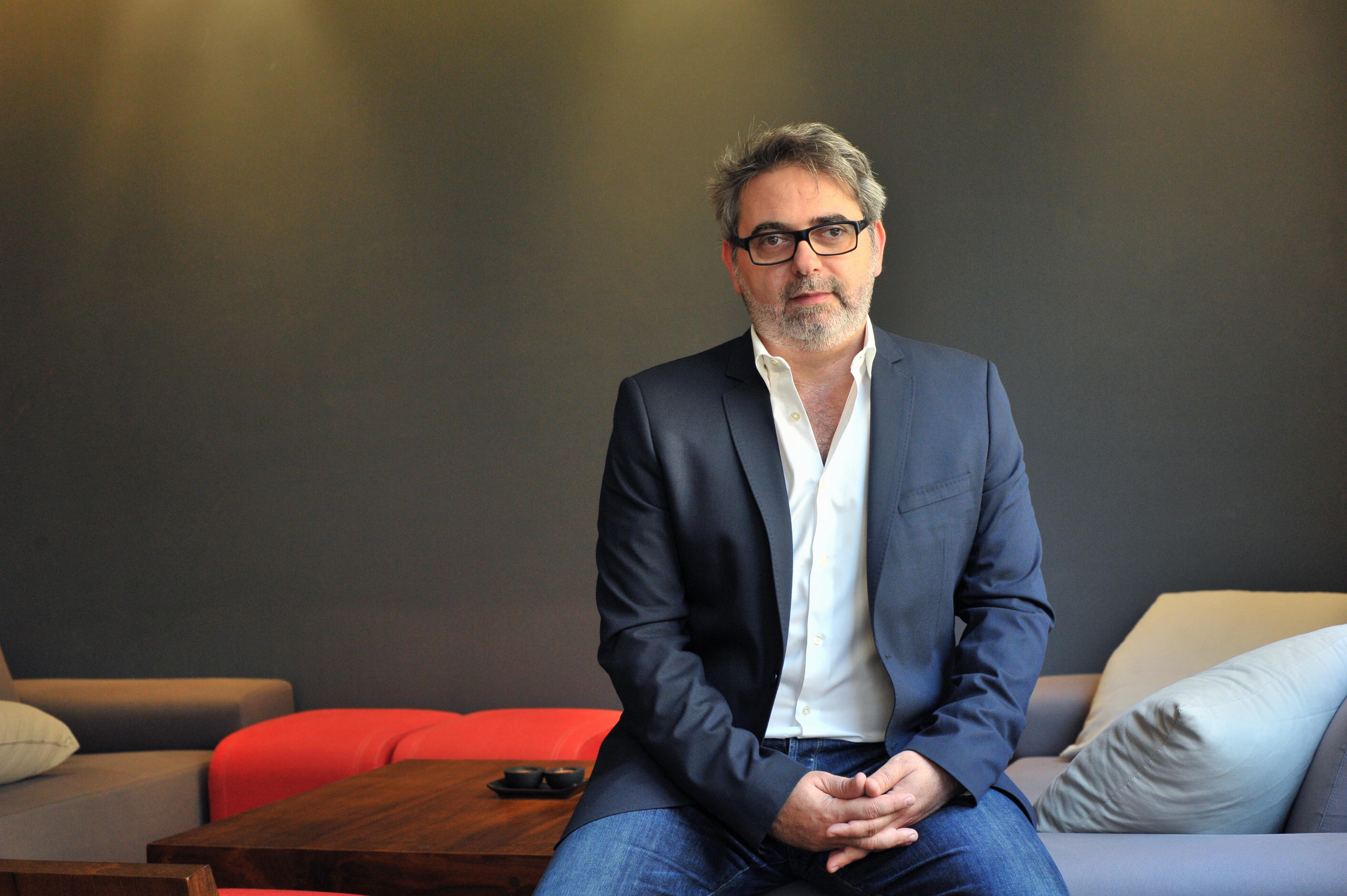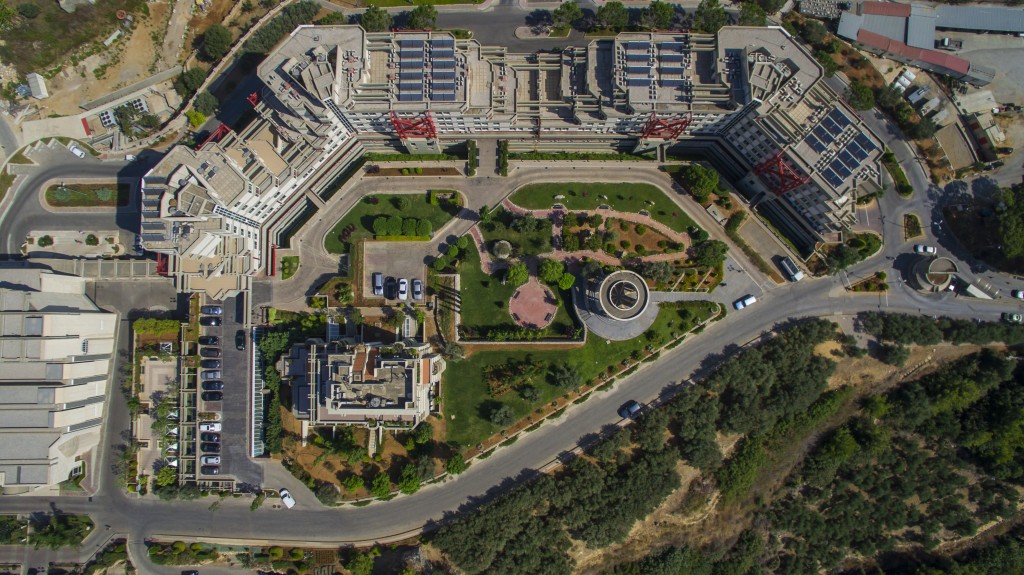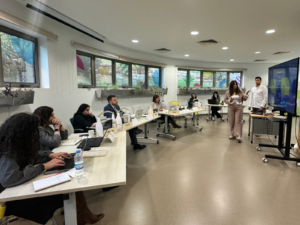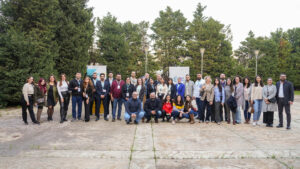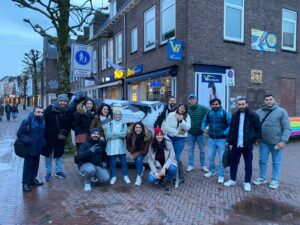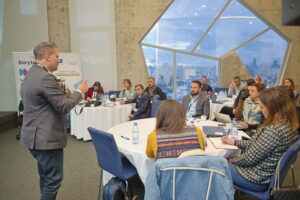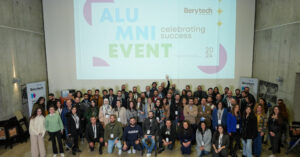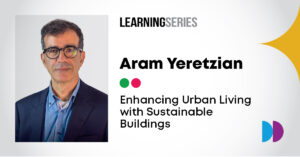As a concerned citizen, Antoine Kaldany was always shocked by the enormous gap in Lebanon between the omnipresent energy deficiency problems and the endless potential the country has to offer in sustainable energy resources: “We live in a country that benefits from 300 days of sun per year. Neighboring countries with similar resources such as Cyprus and Palestine cover 80% of their hot water needs from solar power, while Lebanon has barely reached 17%.”
With that in mind and with his firm belief in the importance of sustainability in energy resources, Kaldany founded Yelloblue Greentech, an EPC (Engineering, Procurement and Contracting) company that offers turnkey solutions in Renewable Energy and Energy Efficiency.
In terms of renewable energy, Yelloblue provides solutions in solar thermal energy to produce hot water and photovoltaic systems to convert solar energy into direct current electricity. “We start by studying the potential of any given site using a specific engineering program, and based on that we make a technical feasibility study backed by a financial one,” explains Kaldany, who insists on the economic aspect of any energy solution: “I am not a simple ecologist. We cannot propose a solution that makes no economic sense. It has to be backed up by a financial feasibility that makes it sustainable.” Once both technical and financial studies are approved, Yelloblue supplies the equipment, installs the system and maintains it over the years.
Currently, Yelloblue is commissioning the biggest solar water heating system in Lebanon for the dorms of Notre Dame University that will cover the hot water needs of 450 students.
The second aspect of Yelloblue’s scope of work is providing consultations on energy efficiency for buildings and sites. As an example, Yelloblue has worked to integrate sustainable energy factors in the currently under construction NDU Medical Center. Integration starts at the initial brainstorming of the project with the architects and continues throughout the construction phase with environmental follow up. “In this project in particular, we are aiming for the gold LEED certification given for green buildings,” declares Kaldany. LEED is the most widely used green building rating system in the world. LEED certification provides independent verification of a building or neighborhood’s green features, allowing for the design, construction, operations and maintenance of resource-efficient, high-performing, healthy, cost-effective buildings. Based on the number of points achieved, a project earns one of four LEED rating levels: Certified, Silver, Gold and Platinum.
Another service associated with energy efficiency is ESCO, which stands for Energy Saving Company Services. It is a service by which YelloBlue performs an energy audit for an institution to measure the energy efficiency potential, recommend energy conservation measures and implement them. “We get paid from the resulting savings in energy of the project, which is an incentive for us to deliver and a reason for the client to trust in us,” explains Kaldany, “and of course there is always a third party to audit and validate these savings.”
Kaldany remains optimistic at the future of the sustainable energy industry and is confident of its rapid growth in the next 5 years. “The ecosystem to support this growth is ready,” says Kaldany, “ Banque Du Liban has set a strategy to make subsidized loans available for sustainable energy projects with interest rates lower than 1% for a period of 10 to 14 years and with 2 to 4 years grace period. An increased awareness on the severity of the energy problem has led people to seek alternative sustainable solutions. The Beirut River project has been an excellent showcase since people from all backgrounds are witnessing the project and are starting to understand it’s purpose. Now they want to find similar solutions for their own energy problems.”
Since Berytech is launching a competition for innovative startups in renewable energy sector, the Digital Energy Revolution Challenge (shaams.berytech.org); we asked Mr. Kaldany on the advice he would give to anyone who wants to explore this industry: “Even though Lebanon is a small country, the extensive use of generators in Lebanon has led to create the best technicians and specialists in generator solutions around the world because of the strong need for that service. Similarly, the sustainable energy sector will benefit from the same conditions: the big problem of energy deficiency will need master minds and creative solutions to fully harness the benefits of solar energy. So technically the whole country is a big lab to experiment in, that will possibly generate replicable solutions that will benefit the whole world especially continents facing more challenging conditions such as Africa and India.”
Discover Yelloblue on www.yelloBlue.com


